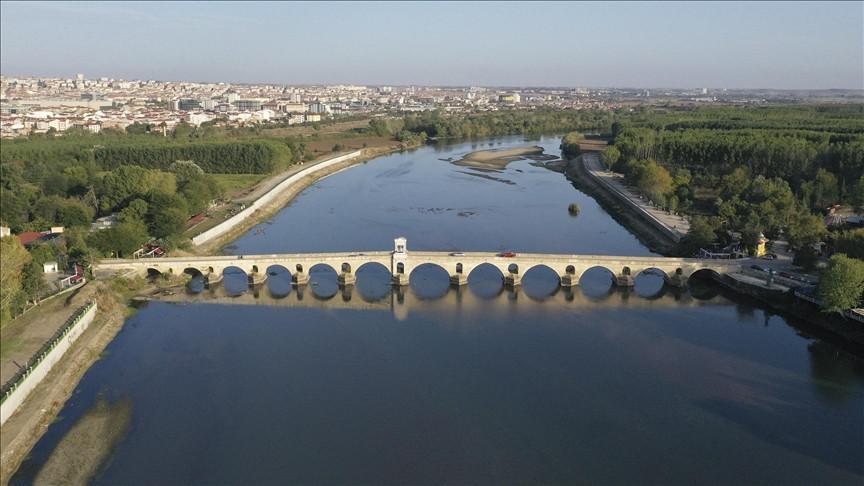
Turkish police are set to begin patrols along the Meriç River, which forms a natural boundary between Türkiye and Greece, using Zodiac boats, Edirne’s provincial police chief has announced.
The river in the northwestern border province has long been a crossing point for irregular migrants as well as fugitives attempting to escape abroad. Greece previously erected a steel fence along sections of its bank to curb such movements.
“A part of the Meriç River falls under the jurisdiction of the police, while another part belongs to the gendarmerie. Under the governor’s instructions, both forces will now conduct joint patrols,” Edirne Police Chief Onur Karaburun said during an event on Sept. 14.
The patrols will commence next week, the police chief said, adding that preparations are also underway to procure the Zodiac boats needed for the operation.
He noted that the initiative forms part of a broader project aimed at curbing smuggling and preventing members of terrorist organizations from fleeing across the border.
His remarks came shortly after Greek coast guard units forced back a vessel carrying 74 irregular migrants, including 18 children, toward Turkish waters off the coast of Marmaris in southwestern province of Muğla.
Large numbers of migrants attempt the perilous sea journey from Türkiye’s shores to the Greek islands, hoping eventually to reach EU states. Others try to cross into Greece via the Meriç River, which runs along the land border. While some succeed in reaching EU territory, many lose their lives at sea or are unlawfully pushed back into Turkish waters.
Athens’ pushback practices, repeatedly condemned as violations of international law, have been documented by Türkiye, international rights organizations, aid groups and in testimonies from migrants intercepted at sea or along the border.
According to the Turkish Interior Ministry’s migration body, Türkiye deported 140,000 irregular migrants last year — the highest annual figure ever recorded.
In addition, the number of Mobile Migration Points has been expanded to 375. These units, staffed by inspection teams inside specially equipped vehicles, carry out identity checks on more than 2.5 million foreigners in public spaces each year.